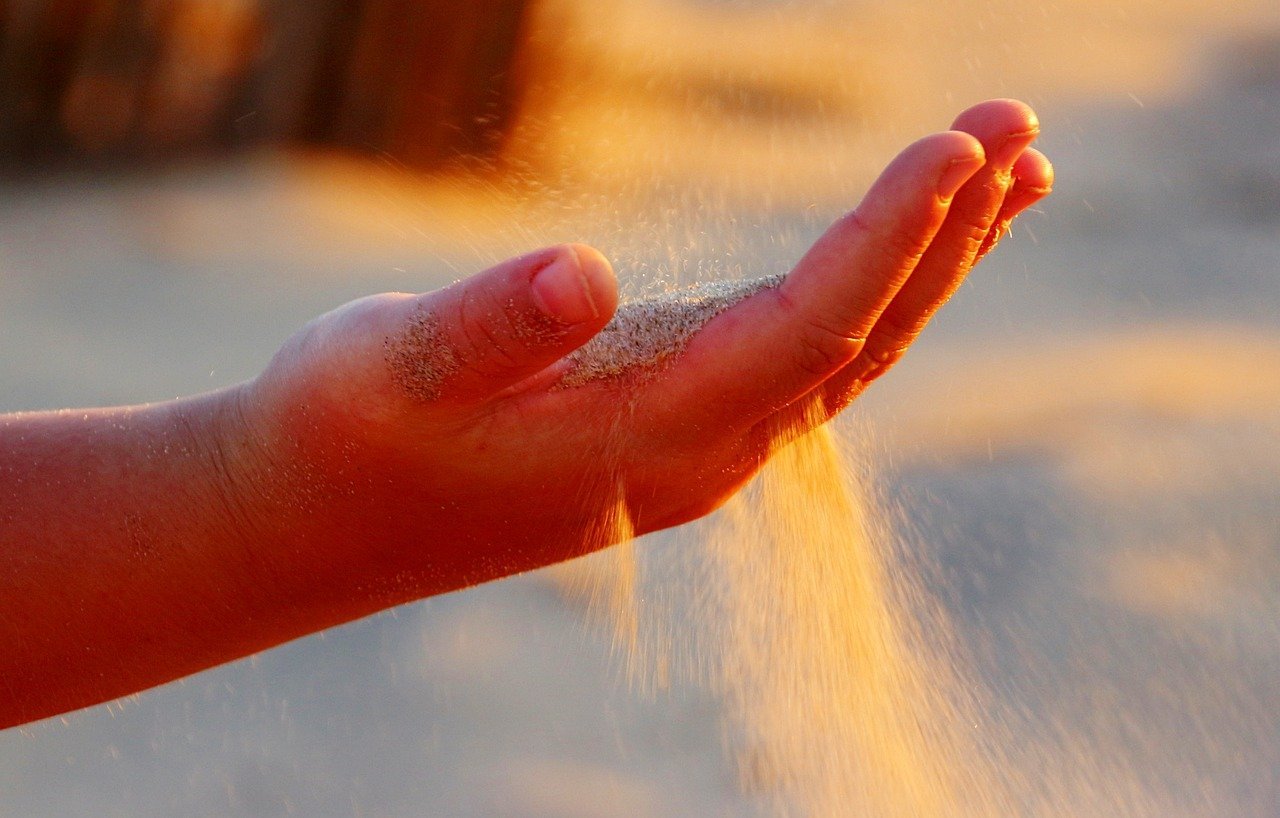30 Oct 2018
- 0 Comment(s)
Installing an outdoor alarm security system like surveillance cameras around your property is definitely a great investment. Not only will it be an effective deterrent to would-be intruders, investing in these home protection essentials allows you to constantly check up on your property even when you’re not at home. Furthermore, an outdoor security system and cameras installed around your backyard or pool area lets parents keep a watchful eye on their kids playing outside while you are, say, preparing dinner or doing the dishes inside the house.
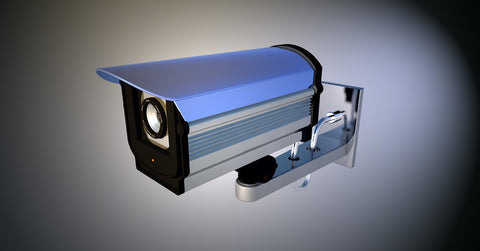 Photo courtesy of PIRO4D via Pixabay
Photo courtesy of PIRO4D via Pixabay
However, outdoor security systems are, outdoors 24/7, exposed to the elements and to different weather conditions all the time. And this could either compromise the alarms and cameras’ performance, or go out of commission in just a few years or even months. Now, that wouldn’t be a good investment, right?
So for you to get the possible performance from your investment, you should weather-proof your outdoor security system. How? Here are the five elements that could damage your security system and how you can protect your investment from them:
Earth
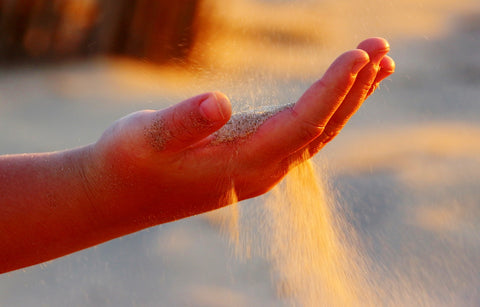
Photo courtesy of Myriams-Fotos via Pixabay
Summer can be quite hot and dry at times. Because of the scarcity of moisture in the air and on the ground, even a gentle breeze can easily launch dust and sand into the air, which could end up collecting on your outdoor security cameras. Plus, low humidity would also mean spiders, mosquitoes, bugs, and other insects become more active. Your outdoor cameras and alarms might be covered with dead bugs and webs as creepy crawlers and flyers will naturally be attracted to the equipment’s blinking lights and/or reflection from the cameras’ lenses. When these things happen, not only will your cameras produce blurred images, your outdoor security system could easily be damaged, externally as well as internally.
How can you prevent dust and dead insects from damaging your outdoor cameras and alarms? Easy, just clean the equipment regularly. All you need is a soft bristled brush and a cloth. As for the creepy crawlers and flyers, you can actually spray the equipment with insect repellents to prevent spiders and insects from making your outdoor cameras their burial and/or breeding ground.
Wind
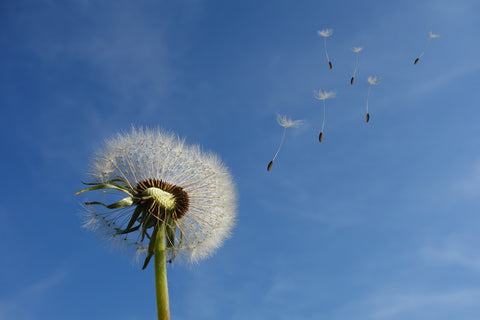 Photo courtesy of blickpixel via Pixabay
Photo courtesy of blickpixel via Pixabay
Whether the air is wet or dry, hot or cold, a strong wind could intensify any weather condition’s damaging effect on your outdoor security equipment. On a windy but dry day, for instance, your cameras and alarms will easily be damaged by the wind and dust. During rainy days, a strong gust of wind could push moist into the security equipment’s interior, causing a short circuit.
That’s why if you’re planning to install an outdoor security system around your home’s exteriors, make sure to place each and every component of the system where they will constantly be protected from the wind. A camera positioned to face the front door, for instance, will be safe from the wind under the eave.
Water
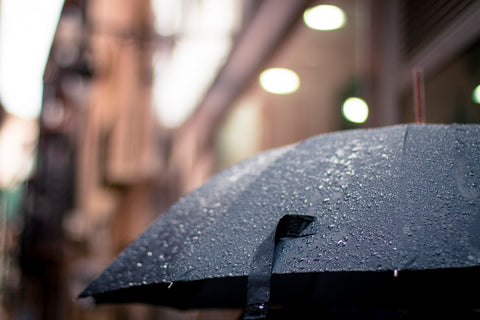 Photo courtesy of Adrianna Calvo via Pexels
Photo courtesy of Adrianna Calvo via Pexels
We all know water and electricity do not mix well. That’s why every time it rains, or when it’s humid or cold, your security alarms and cameras are in danger of short circuiting. Furthermore, constant raining or during cold weather conditions, condensation could build up inside your alarms and cameras, which could either produce a blurry picture or damage on the equipment’s wiring.
To prevent water from damaging your home outdoor security system, it’s really important where you place each component. Like what was mentioned above, placing security cameras under the eaves can protect them not just from the wind, but from the rain as well. As for the moisture and condensation, a packet of silica gel inside the cameras and alarms can help keep the electrical components inside snug and dry.
Aside from the positioning, investing in a security system with a good ingress protection (IP) rating would mean that the cameras and alarms can withstand severe weather.
Fire
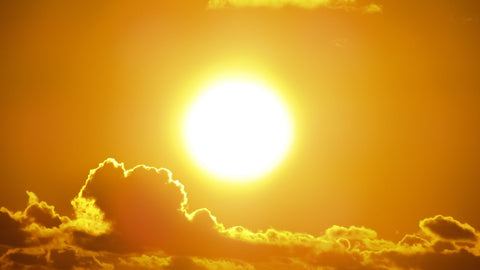 Photo via Pexels
Photo via Pexels
Summer heat can sometimes be unbearable. Now imagine your outdoor cameras in full-day exposure during the hottest season of the year. In the event of extremely hot weather conditions, the plastic and metal components of your outdoor security system could be damaged. And because they are constantly exposed to the heat, you can be sure that the components would easily deteriorate and the system won’t last for long.
Unless, of course, you chose a outdoor security equipment that has an ingress protection (IP) rating of 66 or higher. The higher the IP rating means that it could withstand the heat (as well as the cold) better.
Other ways of making sure your home security system is protected from extreme heat is to install the components in the shade or get an additional protective component like an enclosure.
Metal
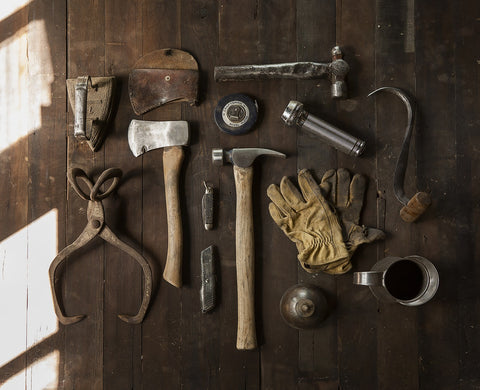 Photo courtesy of StockSnap via Pixabay
Photo courtesy of StockSnap via Pixabay
Screwdriver, an axe, metal pipe — all these tools made of metal are often used by thieves, burglars or intruders to either steal the cameras (yup, a security camera in good working condition can still fetch good bucks) or destroy them to cover their tracks.
To protect your outdoor surveillance cameras from uninvited guests, you can either invest in a protective casing/box/cage, and/or install where it’ll be harder for trespassers to reach them. In addition, it’s also inadvisable to attach security cameras and other components of your outdoor security system to a metal pole. That’s because metal is highly conductive and could easily attract lightning during thunderstorms.
Yes, an outdoor security system could protect you from intruders, but who will protect its components from the elements? That will be your job. Doing so would not only ensure its best possible performance, it will also make sure that your investment will last long, even when it’s exposed to the elements pretty much all its life.

